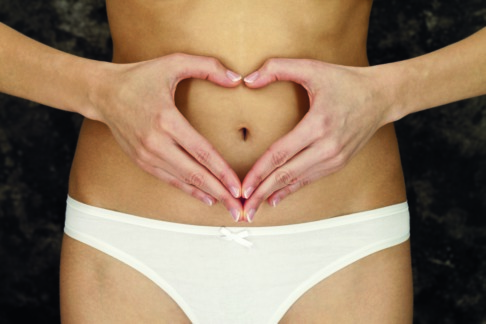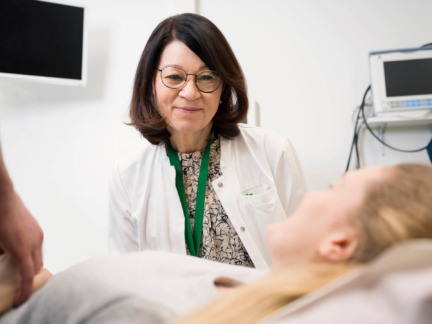Egg cell cryopreservation
Cryopreserved egg cells make it possible to conceive with own gametes, even when fertility has already decreased.
Cryopreservation of fertile egg cells
Today, it is increasingly more common to delay starting a family, which may affect the chances of becoming pregnant. Through cryopreservation, egg cells in their prime fertility can be preserved for later use.
Female fertility decreases with age
Female fertility decreases significantly with age. It can generally be said that fertility decreases significantly after the age of 35, although it varies from individual to individual. With age, the number and quality of egg cells in the ovaries decrease, and chromosomal abnormalities in the egg cells increase. Chromosomal abnormalities are the most common obstacle to pregnancy and cause of miscarriage in women over the age of 40.
When and how are egg cells collected and frozen?
Ideally, egg cells should be cryopreserved before the age of 30. Depending on the situation, cryopreservation may be possible up to the age of 35.
Before collection, a stimulation treatment is performed to allow for the collection of as many egg cells as possible. The most developed egg cells are selected from the ones collected and then frozen. The egg cells are stored at Felicitas’ premises at a temperature of -196 degrees Celsius for when you wish to become pregnant.
Egg cells are preserved for three years at a time
We recommend the collection of about 20 egg cells. The agreement for the cryopreservation of egg cells is made for three years at a time, after which the need for cryopreservation is reassessed.
If you are considering freezing your eggs, please contact us or book an appointment with an infertility specialist.



